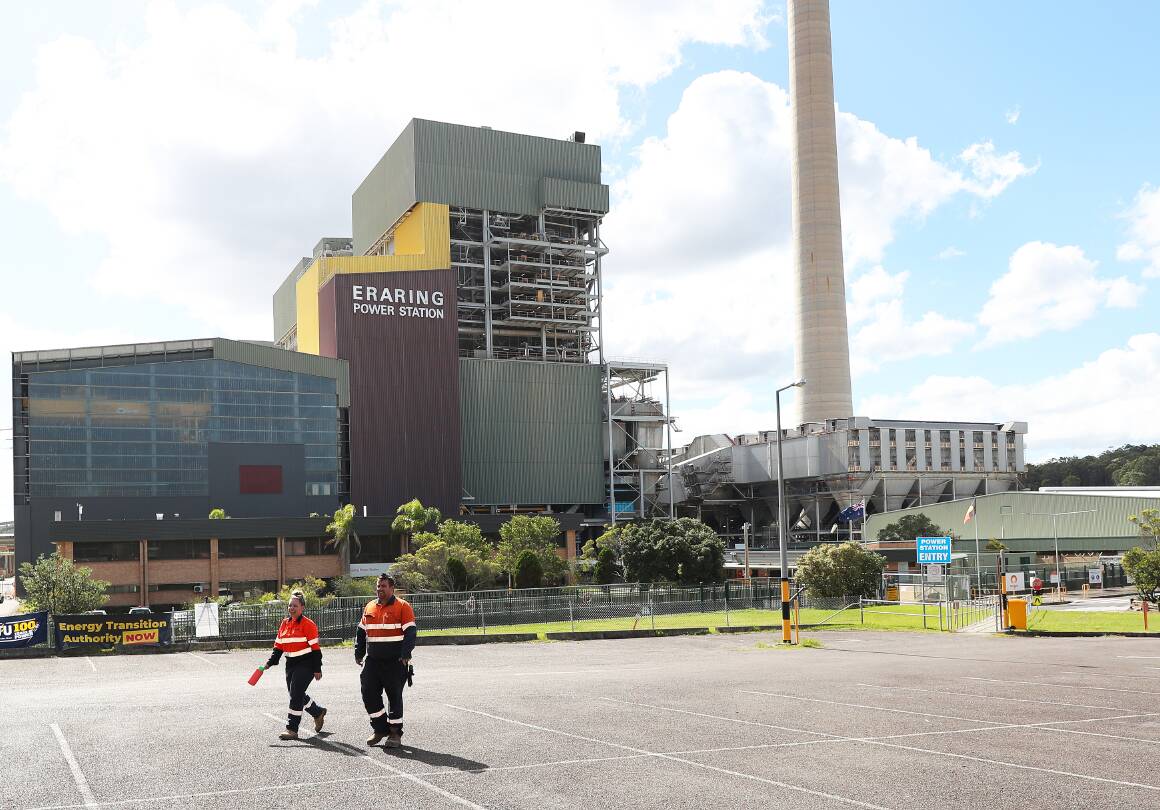
The NSW government cannot justify keeping the Eraring power station open at taxpayers' expense, and increase the role of gas power.
These are the recommendations of the yet-unreleased report, Electricity Supply and Reliability Check Up. A Sydney newspaper wrote that the report's "recommendations include ... a greater focus on the role of gas power in firming infrastructure." The tacit endorsement for new gas via projects like the Santos Hunter gas pipeline will increase NSW's emissions and energy costs for decades.
Our research shows that there are better options for government investment that provide cost of energy savings for households and businesses. The NSW government must aggressively prioritise:
- addressing the barriers and providing uplift to fast track the renewable energy rollout
- electrification of households and industry.
If the NSW government prioritises expanding the role of gas, it will embed fossil fuel infrastructure and high gas prices in NSW for decades to come.
Let's be clear. Gas is not a "transition fuel". There is no such thing as "low carbon gas". Gas is a fossil fuel that according to the International Energy Agency already contributes 22 per cent of global emissions. Climate Analytics data says gas is contributing 7 per cent of Australia's emissions. Fugitive emissions are a huge and under-reported problem. The NSW government predicts that the lifetime emissions of the Hunter pipeline will exceed 120MtCO2e - more than the entire state emits in a year. The role of energy evolution is to build a new energy infrastructure to replace fossil fuel infrastructure.
Gas exacerbates cost of living pressures and ties NSW residents to high and volatile energy prices. Beyond Zero Emissions' National Supergrid report modelled household savings comparing vehicle ownership, gas heating, gas hot water and gas cooking per dwelling with all-electric dwellings. Even without solar panels, households can save $2810 a year based on 2021 prices. When we projected energy price increases based on the October 2022 budget, potential savings were between $3891 and $5779 a year.
Supporting all NSW households to fully electrify their homes, embrace energy efficiency and add rooftop solar and batteries would benefit NSW residents more than building new gas infrastructure. Energy efficiency and electrification have clear benefits for industry as well. Milltech Martin Bright, a Hunter manufacturer of steel bars, is a case in point. While Milltech still uses a gas furnace for its larger steel bars, the company has saved $4.5 million over 10 years through energy efficiency and electrification, with the biggest saving of $1.1 million in the 2022-2023 financial year. They've also reduced their GHG emissions by 8425 tonnes over 10 years.
Rather than enabling the growth of fossil fuels, the NSW government needs to address the barriers that are constraining the renewable energy rollout. This includes land access, slow planning and grid connection planning processes, missing transmission, social license issues, supply chain gaps and workforce shortages.
Structural change to how our energy systems operate should extend to best practice community engagement and the development of shared benefit models with key stakeholders including First Nations communities and farmers, while also considering the preservation of biodiversity. All of these groups can be stakeholders and share the wealth generated by the renewable energy system, rather than remain customers and consumers to multinational energy companies.
The NSW government's thinking around building up fossil fuels to "enable greater use of renewables" shows they are trapped in the linear fossil fuel model and don't yet understand that the nature of the new energy system is intrinsically different.
Beyond Zero Emissions' report, National Supergrid takes a whole-of-system approach to the energy transition. Our position is that the energy transition must benefit all Australians and embed compliance with 1.5 degrees of warming into our energy infrastructure. Transmission infrastructure is the backbone of the energy system, however, there are other important features, for example, electrifying homes, businesses and industry.
Instead of investment in fossil fuels, we urgently need investment in distribution upgrades, energy storage, system security and microgrids to deliver low-cost renewable energy, sovereign supply chains and good quality jobs.
Sam Mella is Hunter Engagement Lead Beyond Zero Emissions







